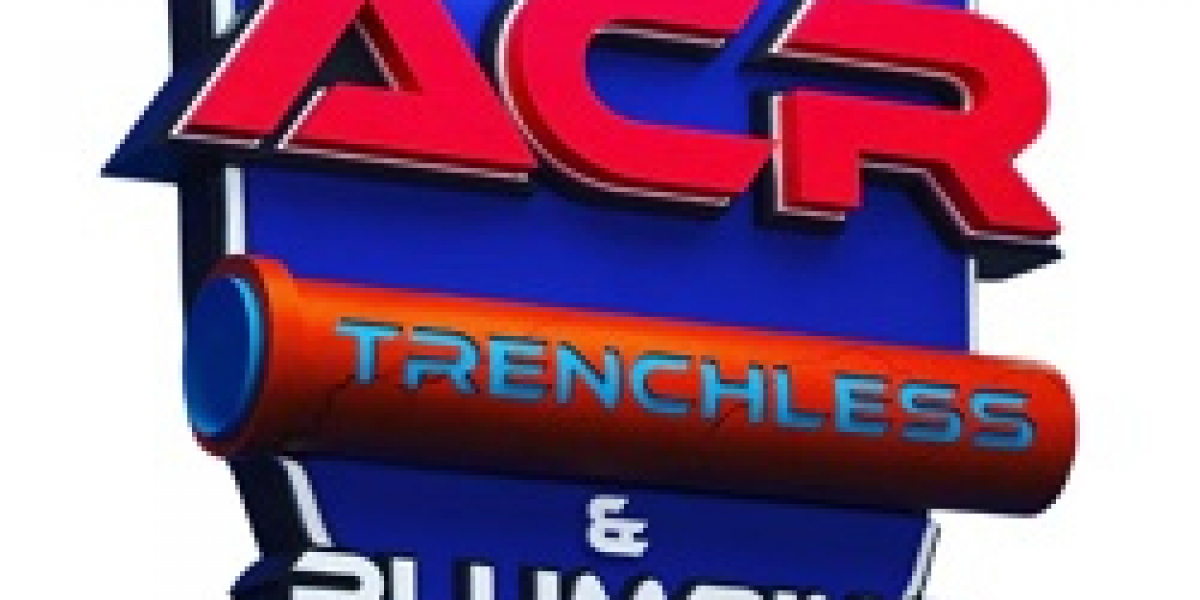Residential Plumbing: An Essential Guide
Residential plumbing is a crucial aspect of home construction and maintenance, ensuring the efficient flow of water in and out of a house. It encompasses a network of pipes, valves, fixtures, and fittings that work together to provide clean water for drinking, cooking, and bathing, as well as to remove wastewater efficiently.
Components of Residential Plumbing
- Water Supply System The water supply system brings fresh water into the home. It typically consists of a main water line connected to a municipal supply or a private well. The water is distributed throughout the house via a network of pipes to various fixtures like faucets, showers, and appliances.
- Drain-Waste-Vent (DWV) System The DWV system is responsible for removing wastewater and sewage from the home, ensuring it is safely transported to a septic tank or a municipal sewage system. This system also includes vents that release sewer gases and equalize air pressure in the pipes to prevent blockages.
- Fixtures and Appliances Common plumbing fixtures include sinks, toilets, bathtubs, and showers. Appliances such as dishwashers and washing machines are also integral to a home's plumbing system. Each fixture and appliance is designed to meet specific water usage and drainage requirements.
Importance of Regular Maintenance
Regular maintenance of the plumbing system is essential to prevent leaks, clogs, and other issues that can lead to water damage or costly repairs. Homeowners should routinely check for signs of plumbing problems, such as:
- Leaks or Drips: Even minor leaks can waste a significant amount of water and cause damage over time. - Slow Drains: Slow drainage can indicate a blockage in the pipes that needs attention. - Unusual Noises: Banging or gurgling sounds may signal air trapped in the pipes or other issues.
Common Plumbing Issues
- Leaky Faucets Leaky faucets are a common issue that can often be fixed by replacing worn-out washers or seals.
- Clogged Drains Clogs can occur due to the buildup of hair, grease, or other debris. Simple clogs can often be cleared with a plunger or drain snake, while more severe blockages may require professional intervention.
- Running Toilets A continuously running toilet can waste a significant amount of water. This issue often stems from a faulty flapper valve or fill valve, both of which are relatively easy to replace.
- Low Water Pressure Low water pressure can result from mineral deposits in pipes or leaks. Identifying the source of the problem is key to restoring proper flow.
Hiring a Professional
While some plumbing issues can be addressed with DIY solutions, more complex problems often require the expertise of a licensed plumber. Professional plumbers can diagnose and repair issues efficiently, ensuring the longevity and reliability of the plumbing system.
Conclusion
Residential plumbing is a vital component of any home, providing essential services for daily living. Understanding the basics of your plumbing system, conducting regular maintenance, and knowing when to call a professional can help ensure your home remains functional and comfortable. By taking proactive steps, homeowners can avoid many common plumbing problems and enjoy a reliable water supply for years to come.









